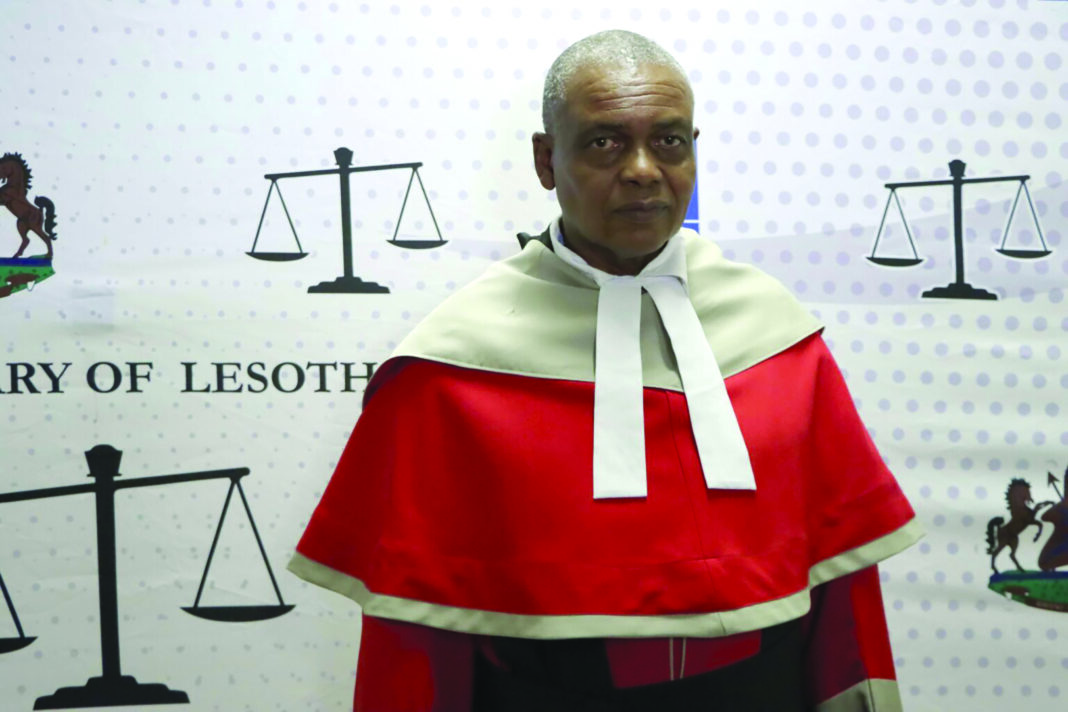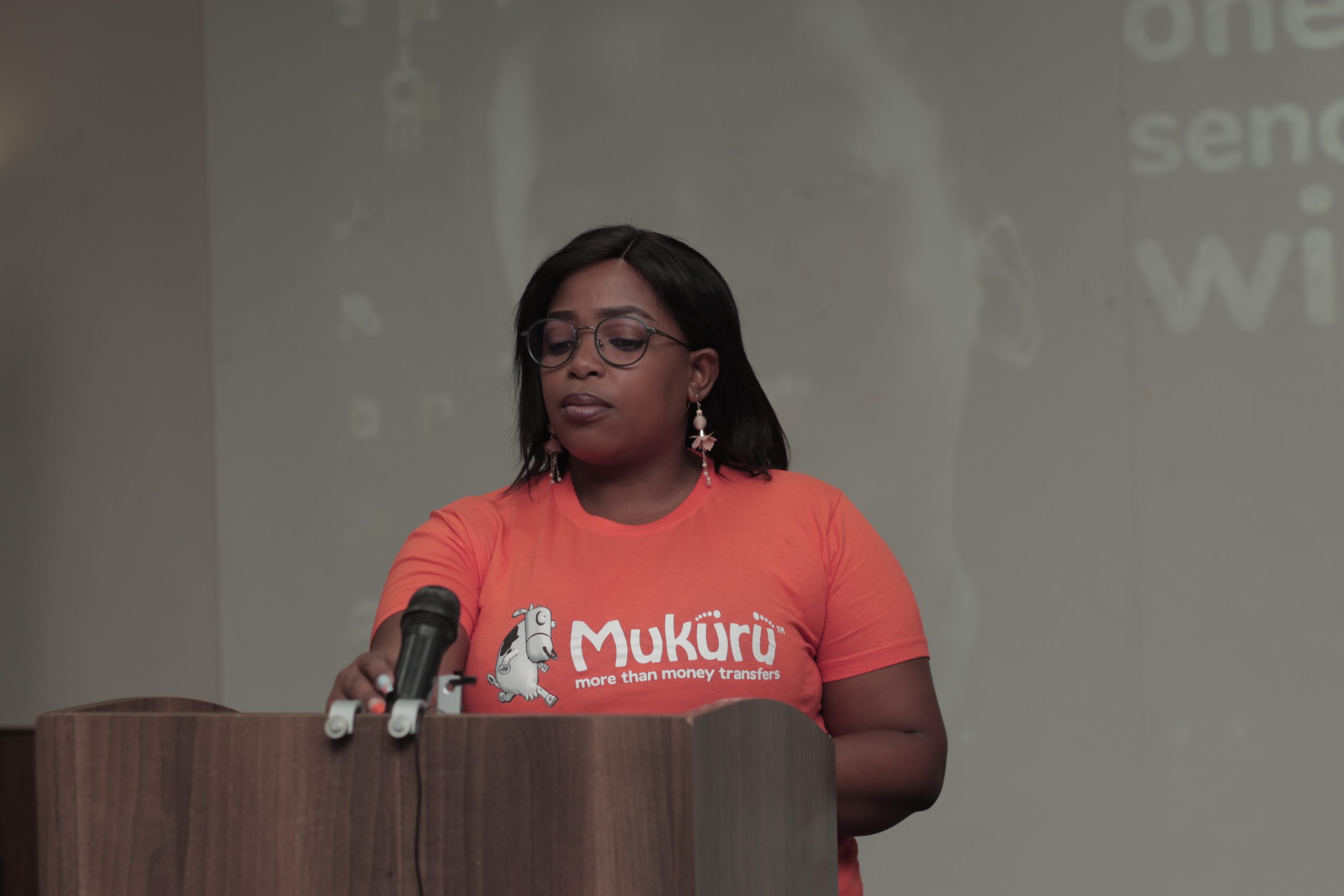… Avoids death penalty
Relebohile Makhetha
On Monday, the High Court, presided over by Justice Molefi Makara, sentenced Mphatšoe Ntjelo to 25 years in prison for each of four brutal murders committed between October 2014 and February 2015.
The sentencing followed a deeply disturbing trial that exposed a horrific series of ritual killings intended to secure wealth through the use of ‘muti.’
Ntjelo was convicted of murdering his three children—Ntšabi (10), Reatšeliseha (3), and Nthona (3 months)—as well as his younger brother, Molefi.
Prosecutor Thapelo Mukuru described how Ntjelo and his wife, ‘Mamotšabi Ntjelo, believed that the mutilation of their victims and the use of ritual practices would bring them riches, including cattle, taxis, and a chain of shops.
The court heard that Ntjelo and his wife first killed their two older children in October 2014, followed by his younger brother in January 2015, and their infant child in February 2015.
The mutilated bodies were buried in two huts on the couple’s property in Quthing, alongside a donkey’s head and other ritual items. These heinous acts shocked the local community, who struggled to comprehend the couple’s motives.
Ntjelo’s wife, who was initially a co-accused, reportedly died in police custody in 2015, leaving Ntjelo to face trial alone.
During the sentencing phase, the court heard testimony from social worker Khahliso Mokhaoli, who detailed Ntjelo’s traumatic upbringing and the harsh circumstances of his life.
Mokhaoli highlighted his experience as a socially isolated shepherd, his early departure from school, and the emotional toll of caring for his dying parents. She also pointed to his troubled relationship with his wife as further evidence of his difficult circumstances.
Mokhaoli urged the court to temper justice with compassion, arguing that Ntjelo was as much a product of his environment as he was a perpetrator of these heinous crimes.
In his ruling, Justice Makara acknowledged the gravity of the offenses but noted that Ntjelo’s background played a significant role in the court’s decision to forgo the death penalty. He emphasised that while the crimes were abhorrent, imposing the death penalty would be legally unjustifiable in this case.
Ntjelo was sentenced to 25 years for each of the four murders, with all sentences to run concurrently. Justice Makara stated that the court had balanced the need for justice for the victims with consideration of the mitigating factors presented during the trial.
Although the ruling closed a chapter on one of Lesotho’s most shocking criminal cases, it left the nation grappling with broader questions about the intersection of cultural practices, socioeconomic hardship, and justice.
Summary
- Prosecutor Thapelo Mukuru described how Ntjelo and his wife, ‘Mamotšabi Ntjelo, believed that the mutilation of their victims and the use of ritual practices would bring them riches, including cattle, taxis, and a chain of shops.
- Mokhaoli urged the court to temper justice with compassion, arguing that Ntjelo was as much a product of his environment as he was a perpetrator of these heinous crimes.
- In his ruling, Justice Makara acknowledged the gravity of the offenses but noted that Ntjelo’s background played a significant role in the court’s decision to forgo the death penalty.

Your Trusted Source for News and Insights in Lesotho!
At Newsday Media, we are passionate about delivering accurate, timely, and engaging news and multimedia content to our diverse audience. Founded with the vision of revolutionizing the media landscape in Lesotho, we have grown into a leading hybrid media company that blends traditional journalism with innovative digital platforms.









